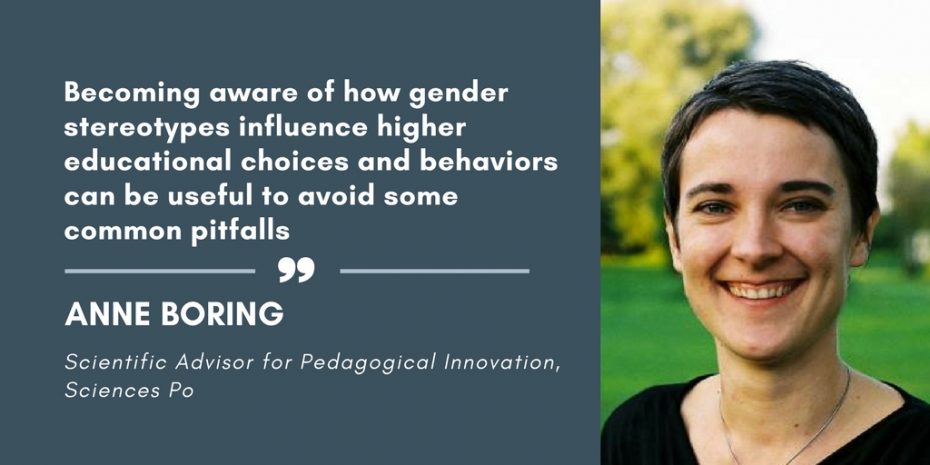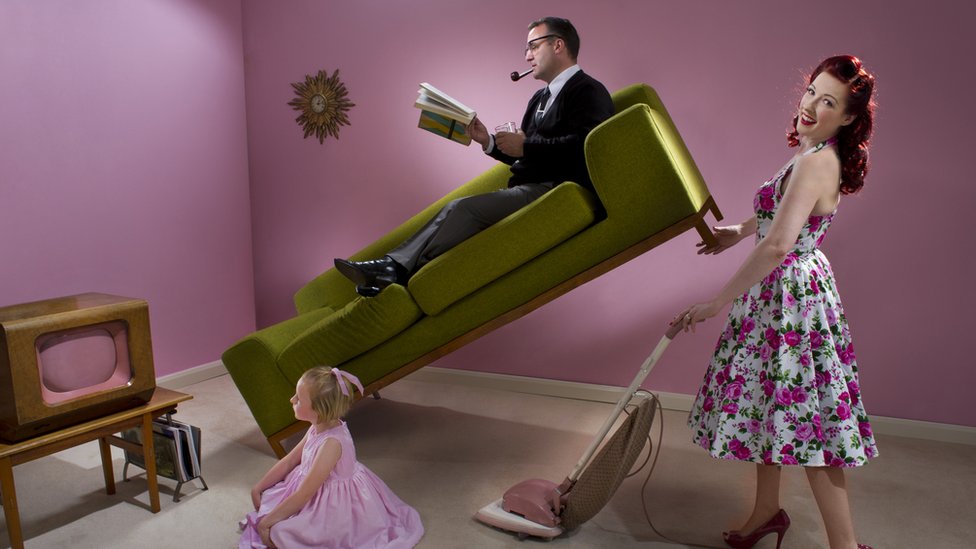Doh-Nyagang Miriam Gohyit is a holder of a Masters Degree in English private law and currently a Volunteer at the Reconciliation and Development Association, RADA

Gender stereotype remain a significant factor affecting the status of men and women in society. Despite some progress, thanks to the measures that have been introduced in recent years. There is still need for information. The notion of gender is related to the sex of the individual. There are pervasive and remarkably uniform differences in the personality traits ascribed to men and women. There is considerable agreement across a large psychological study that a typical woman is seen as warm, gentle, kind and passive, whereas a typical man is viewed as tough, aggressive and ambitious.
Stereotype is a generalized view or preconception about attributes or characteristics that are or ought to be possessed by members of a particular social group or the roles that are or should be performed by members of a particular social group. Gender stereotype on the other hand, is the practice of ascribing to an individual, woman or man, specific attributes, characteristics or roles by reason of her or his membership in the social group of women or men. (Gender Stereotypes and Stereotyping and Women’s Rights (2014))

Gender stereotypes are complex and originate from local culture, traditions and other characteristics that seem to differentiate the two sexes. Children learn what constitutes female and male behavior from their family and friends, the media and institutions including schools and religious bodies. Gender stereotypes can have an adverse effect on all genders. It limits women’s or men’s capacity to develop their personal abilities pursue their professional careers and make choices about their lives and life plans.
The increasing number of gender studies in the recent decades reflects the growing public interest to exploration of gender identity and norms that reinforce social roles of men and women while linking particular attributes and characteristics with a particular gender.
Gender stereotypes shape self-perception, attitudes to relationships and influence participation in the world of work. In a social environment, they can affect a young person’s classroom experience, academic performance, subject choice and well-being. The assumptions we make about women and men maybe conscious or unconscious and can result in people being treated differently or offered different opportunities based on their gender.
In our society today many believe that women are the only ones who suffer from gender stereotype. This is a wrong assumption as bias and Stereotypes affect both men and women. Men, just like women, are constricted by stereotypes and penalized if they act outside their traditional gender roles. For example, they are not expected to cry, to be weak or express their emotions.
Gender stereotype and roles are learned. Men and women are expected to display different behaviors, especially in four major behavioral areas: personality development and temperament, communication patterns, prosocial behavior (those that facilitate interpersonal relationships) and power-related behaviors.
There are many differences between men and women. To some extent, these are captured in the Stereotypical images of these groups. Stereotypes about the way men and women think and behave are widely shared. However, Stereotypical expectations not only reflect existing differences, but also impact the way men and women define themselves and are treated by others.
The idea that women are weaker and must be protected creates a world where women are discouraged from taking on exciting challenges. The belief that “true men do not show emotion” creates a world where men are not able to form deep personal relationships. This can be extremely damaging to their mental health in the long-term. Thus, gender stereotypes can hold people back from their true potential. The more people learn about these stereotypes and how it is dangerous, the more likely equal treatment between the genders will develop.
The international Human Rights Law Framework prohibits gender stereotypes and Stereotyping which undermine the employment of human rights and fundamental freedoms. States have obligations to eliminate discrimination against women and men in all areas of their lives. This obligation requires states to make measures to address gender stereotypes both in public and private life as well as to refrain from stereotyping.
There should be an improvement in the social and cultural patterns of conduct and also the elimination of practices that are based on stereotyped ideas of inferiority or superiority of other genders. Men and women are both affected and can live their roles in life, without having to feel hurt by any forms of stereotypes if we understand and apply our knowledge on the existence of negative actions on stereotypes.

1 thought on “Women’s Day 2021: Zooming on Gender Stereotype”
Great job my ajebo